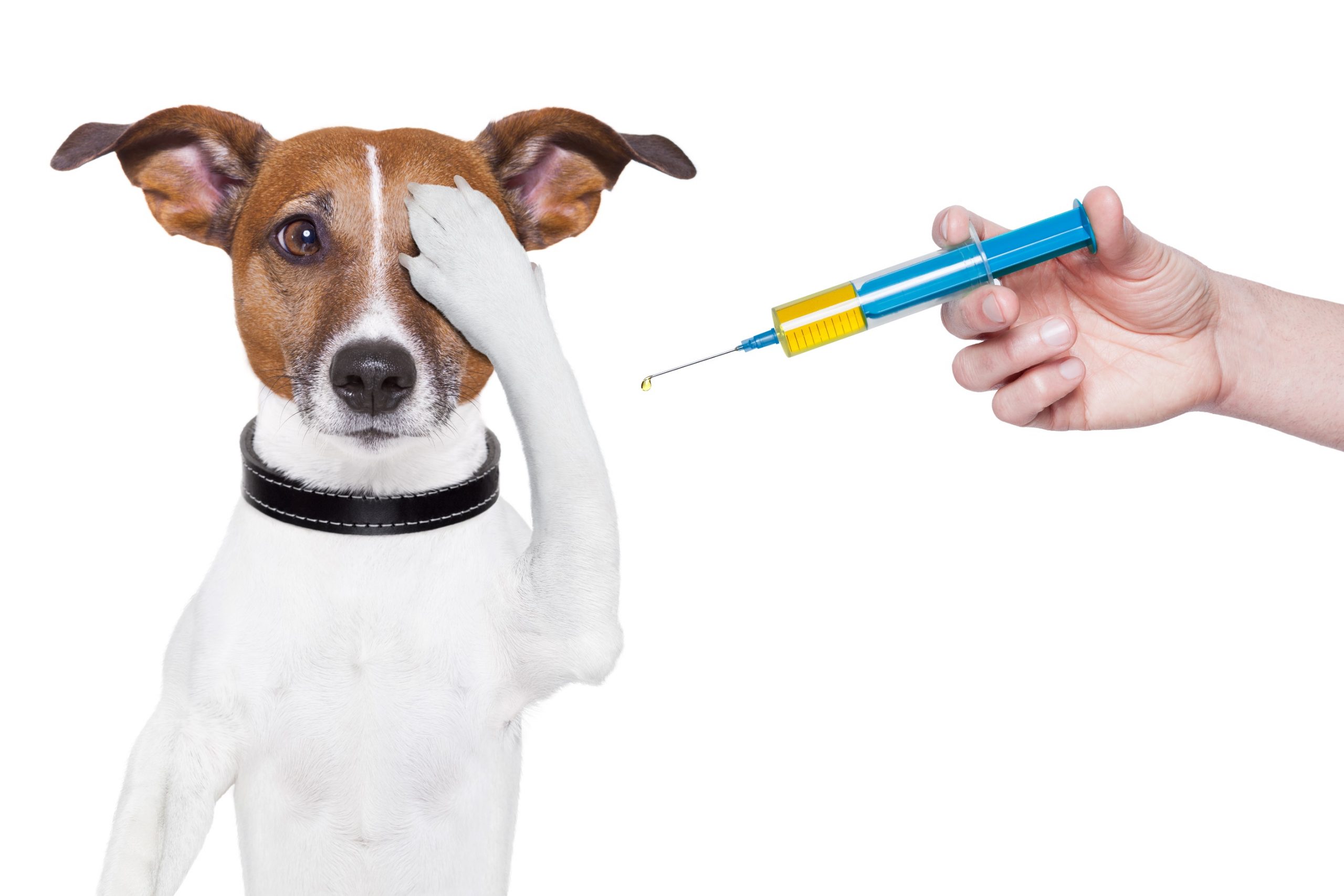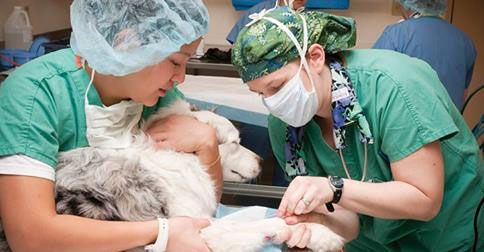Dog Vaccinations :
The well-being of our pets is a priority. We do all we can to ensure that our pets receive all the nutrition and substances they need to prevent illnesses. One way to encourage wellness among our pets, particularly dogs, is through core and non-core dog vaccinations.
Having ample information can help you recognize the proper vaccinations for your dogs. This is why you must consider these seven things before getting vaccinations for your pets. 
1. Types Of Dog Vaccinations
Knowing the types of vaccinations that are given to your dog is important before having them administered. As mentioned, there are two types of vaccinations for dogs: core and non-core. Core vaccinations are those that are paramount for your dog’s wellness and prevents them from getting the following infectious agents:
- Rabies: A viral disease that attacks the nervous system
- Hepatitis: An infection affecting the liver and other organs
- Parvovirus: A virus that causes vomiting and diarrhea
- Parainfluenza: An infection that affects the respiratory system

On the other hand, none-core vaccinations for your dog protects them from catching these diseases:
- Bordetella: A bacterial infection contributing to kennel cough
- Leptospirosis: An infection of the kidney and liver of dogs in some geographical regions; your veterinarian can help you determine whether your dog needs this vaccine
- Lyme Disease: Arthritis and kidney disease that affects dogs in some geographical regions
- Coronavirus: A virus-causing diarrhea
- Giardia: Cysts that are acquired from fecal-contaminated water, food, or objects, and may cause weight loss and diarrhea; the vaccination helps prevent the shedding of cysts but doesn’t protect them from getting the disease
2. Dog Vaccinations Schedules
You can discuss this with your veterinarian and pencil in the dates of the vaccinations. For example, your puppy can be given a vaccination as early as 4 or 8 weeks, and two vaccinations apart. Booster vaccinations need to be given at 12 months. Planning dates around your schedule will reduce the chances of you forgetting or having double scheduled priorities on the day. If you happen to miss an appointment, you can always contact your veterinarian and reschedule.
3. Frequency of Dog Vaccinations
The frequency of vaccinations for your dog depends on the area that you live in and the prevalence of particular diseases. You can discuss with your local veterinarian the number of times your dog needs vaccinations in a certain period. Some vaccines are required annually, while others are only needed every three years.
4. Side Effects of Dog Vaccinations

When taking your dog for vaccines, you have to consider the possible side effects that they may experience. Some dogs are hypersensitive and may become unwell after getting vaccines. Other dogs experience more physical pain in the area where the shot was given and might require rest for the day. You may also want to consider taking your dog for vaccinations on days where you’re available to care for them.
Make sure to discuss your dog’s medical history with the veterinarian. This will give the veterinarian an idea of what vaccinations might cause complications.
5. Public Spaces
You can discuss with your veterinarian when to take your dog out after having received their vaccinations. It is advised to keep your puppy away from other animals until they’ve received the minimum required sets of vaccines. Your puppy isn’t completely protected from diseases from the first set of vaccinations and is still at risk of contracting certain diseases. You might want to consider planning outings after your puppy has received the initial vaccinations your veterinarian recommends for them.
6. Cost of Dog Vaccinations
Although no amount of money can compare to the wellness of your dog, you might want to compare the costs of vaccinations and pick a place that suits you best. The costs of vaccinations depend on your location and you will have to do some research regarding this.
7. Vaccinations Centers
It would be best if you research registered and professional dog vaccination centers. This lowers the risk of exposing your dog to people who pose as professionals for financial gain. These are people who can cut corners and give fake vaccinations under the guise of being cheap. Make sure not to risk your dog’s health.
Conclusion
Having your dog vaccinated might prevent infections that cause illnesses and possible death. Research on the different types of vaccines, sa well as consider the frequency of the vaccines, possible side effects, and vaccination schedules when taking your dog to public spaces, the costs, and places to get the vaccinations. Communicating with your veterinarian regarding these and other issues can also help you maintain your dog’s wellness.






























